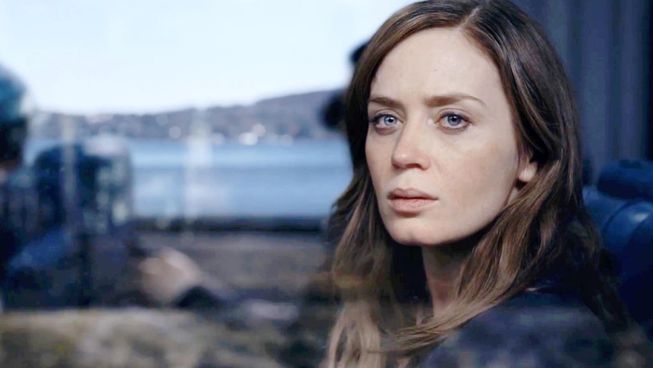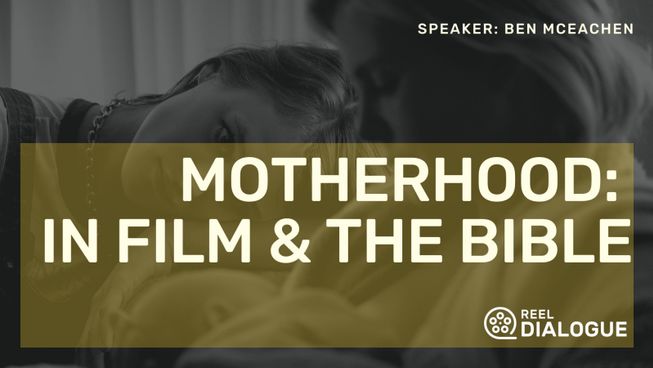
3 out of 5 stars
Sometimes a good mystery novel soothes the soul, but when it is played out in the life of Rachel (Emily Blunt), it proves to be an overwhelming enigma. After her divorce, life becomes a continual journey on the commuter train to Manhattan. During Rachel’s daily venture into the city, she daydreams of the lives of the people she sees in the houses along the train line. Their lives play out in her head to the point where she feels she knows the residents. One of the women she observes, Rachel idealises her life and marriage. But one day, she sees this woman in the arms of another man. Combined with the turmoil in Rachel’s own life, this sign of infidelity causes her voyeuristic world to implode. She loses control of her mental capacities, has a wild night on the town and, when she wakes up the next day, Rachel is covered with blood and bruises. Mystery begins to unfold and television reports emerge about the woman from the house, Megan (Haley Bennett). This leads Rachel down the confronting path of retracing her steps to find out what happened during the time she blacked out and if she was somehow involved in Megan’s disappearance.
Emily Blunt continues to prove her acting range by effectively bringing a believable level of vulnerability and strength to this conflicted lead character. She shows her ability to move from comedies to musicals to being the focal point of a dramatic mystery. In this big-screen adaptation of a novel by Paula Hawkins, the British actress is complemented by the talents of Rebecca Ferguson, Luke Evans, and Justin Theroux, but she is almost outshone by Haley Bennett and Allison Janney. Also at cinemas in The Magnificent Seven, relative newcomer Bennett effectively works the fine line between sex appeal and put-upon-victim. Meanwhile, The West Wing‘s Janney provides a masterclass in taking over every scene, whenever she is on screen. Using well these outstanding performances, director Tate Taylor (The Help) weaves them together for a fabulously twisted thriller.
Keep in mind that due to the infidelity content and criminal themes, this is a film for mature audiences only.
Paula Hawkins’ twisted novel of disappearance and substance abuse is one part Fatal Attraction, one part Gone Girl, with a touch of Rear Window added in for good measure. Her character development and knack for suspense are fascinating, but they are disjointedly brought to the big screen by screenwriter Erin Cressida Wilson. The Girl on the Train storyline has been shifted from London to New York, but that major move does not detract from this Hitchcock-like domestic suspense thriller.
Hawkins’ mystery taps into the inner-voyeur of the human experience, that internal place where we think we can know everything about someone by seeing their external veneer. This is depicted exceptionally well on-screen, but the brilliance of the script is that it plays on the preconceived notions of the viewing audience. Just as ideas get inside the heads of the on-screen characters, they do the same to the audience who will open one door for answers — without considering that the answer is behind another door. Psychological twists are combined with Taylor’s ability to hold the tension at fever pitch, long enough to keep audiences wondering what is going on.
Reel Dialogue: What are some of the bigger questions to consider from this film?
Even though The Girl on the Train is a murder mystery, it could lead to many viewers to discuss the sanctity of marriage. Similar to the film, the Bible contains stories of marriage, murder and infidelity. Thankfully, God provides solace and answers to these traumatic events, through his words. To know what God thinks of marriage does not have to be a mystery. Look through the passages below and begin to seek out the answers to some of life’s bigger questions.
Passages on defining marriage and infidelity: Proverbs 6:25, Matthew 5:8, 1 Corinthians 6:18, Hebrews 13:4






